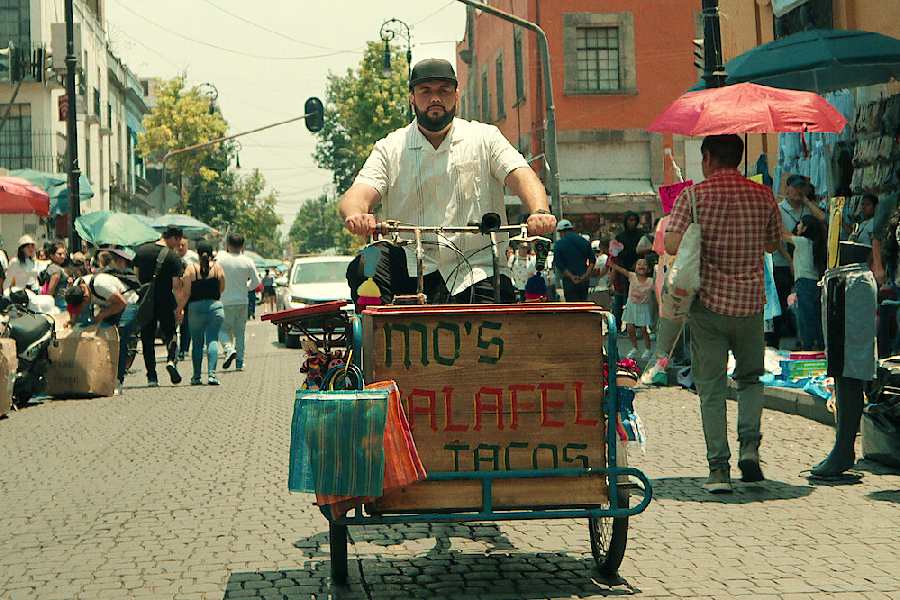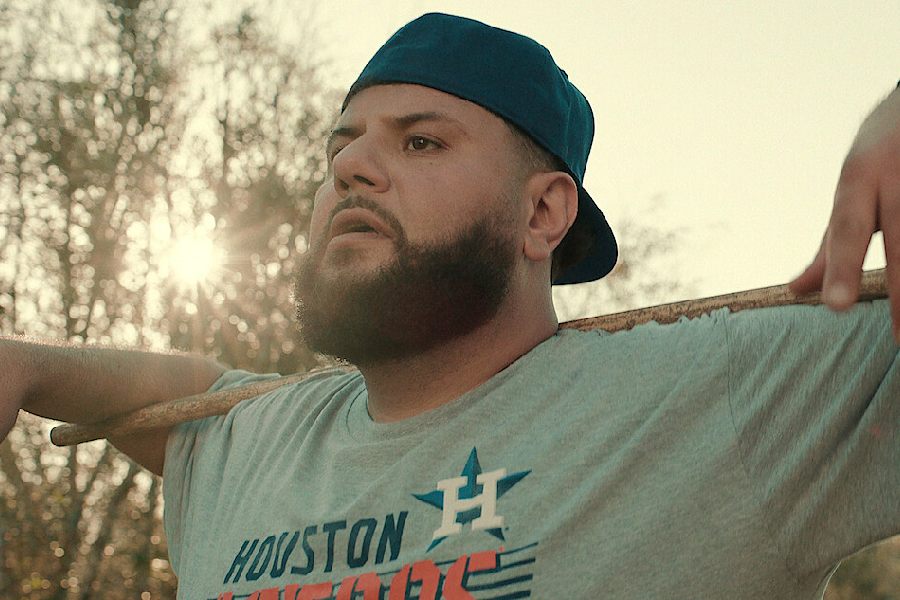Comedians turning their lives into a TV show is practically a genre of its own. In the 1990s, Seinfeld revolutionised television with a show about nothing. Through the 2000s, sitcoms tried to pack in the maximum laughs per minute. But as comedy evolved, the hilarity peeled off to reveal deeper layers. What remained was a clown, staring at a mirror where the reflection betrayed laughter. Comedians started taking viewers behind the humour, where jokes became both a weapon and a shield against life’s unending chaos.
Netflix’s Mo is the culmination of this journey. It cracks you up while forcing you to grapple with uncomfortable questions about the world we live in.
Set in Houston, the show follows Mo Najjar (played by creator Mo Amer), a Palestinian refugee hustling for an American passport while both his home and homeland crumble in chaos. The recently premiered second (and final) season cements Mo as a milestone in TV, telling an authentic story about identity, free from pity or appropriation.
Late in Season 2, Mo and his mom are asking investors for a lifeline to save their olive oil business. The executives feel like a caricature of every executive in a suit, deciding to fund a project because it fulfills trendy diversity checkboxes.
Mo’s success is because of how well it subverts this lens. Unlike most marginalised token characters on TV, the show goes the extra mile to create a world where characters exist beyond their geography, despite being a product of it.

Mo Amer’s lovable performance ensures that the protagonist is never seen with sympathy
Mo is more than just a Palestinian refugee. He’s a bootlegger struggling to find a stable job, a momma’s boy craving privacy, a child forced to become the ‘man of the house’. He speaks fluent Spanish with his wife and Arabic with his mother. And yet, he isn’t enough for either of them. He moves between cultures with ease but also carries the weight of displacement. The state can’t decide where he belongs. And neither can he.
At the same time, Mo’s Palestinian refugee background determines everything. Amer crafts every aspect of his protagonist’s identity with love and care, particularly his vehement love for olive oil. He also deserves credit for refusing to take the easy way out. Mo risks his chances of making it to his asylum hearing and potentially turns his 20-year wait into dust, just because he refuses to use the word ‘conflict’. His endearing charm doesn’t prevent him from being treated inhumanely by border security and immigration officers. And he isn’t as incensed by his ex moving on as he is by finding that her new boyfriend is Israeli.
Unlike many immigrant narratives that focus solely on hardship, Mo balances sorrow with humor and love. His mother, Yusra (played brilliantly by Farah Bsieso), is the heart of the show, grounding it in the generational pain of exile. Her anxious addiction to the news cycle adds a pang of empathy for our parents’ generation, who often find themselves overwhelmed by the internet but are unable to isolate themselves from it.
Meanwhile, Teresa Ruiz as Mo’s girlfriend, Maria, is a standout, adding depth to the show’s exploration of interracial and intercultural relationships. The tendermost performance is by Omar Elba, who essays the role of Mo’s autistic brother, Sameer. Elba’s generous screen presence is perfectly balanced by the dignity he gives to the character’s disorder, making him extremely memorable despite limited screen time.
The show creator’s decision to not directly approach the October 7 attacks can feel escapist to some. To the show’s credit, the character always drives the world forward, and not the other way round. After two seasons of yearning, the finale finally sees Mo returning to Palestine, offering moments of closure while leaving enough ambiguity to reflect real life. Not every question is answered, and not every conflict is resolved. But that is the beauty of Mo — it mirrors reality without sensationalising it.
In its own poetic way, the show’s existence is an act of defiance. It humanises refugees without reducing them to their struggles. Mo isn’t just a victim of circumstance. He’s flawed, selfish, lovable and painfully real. Making him one of us.











